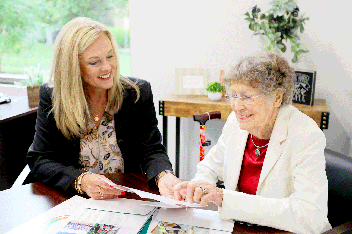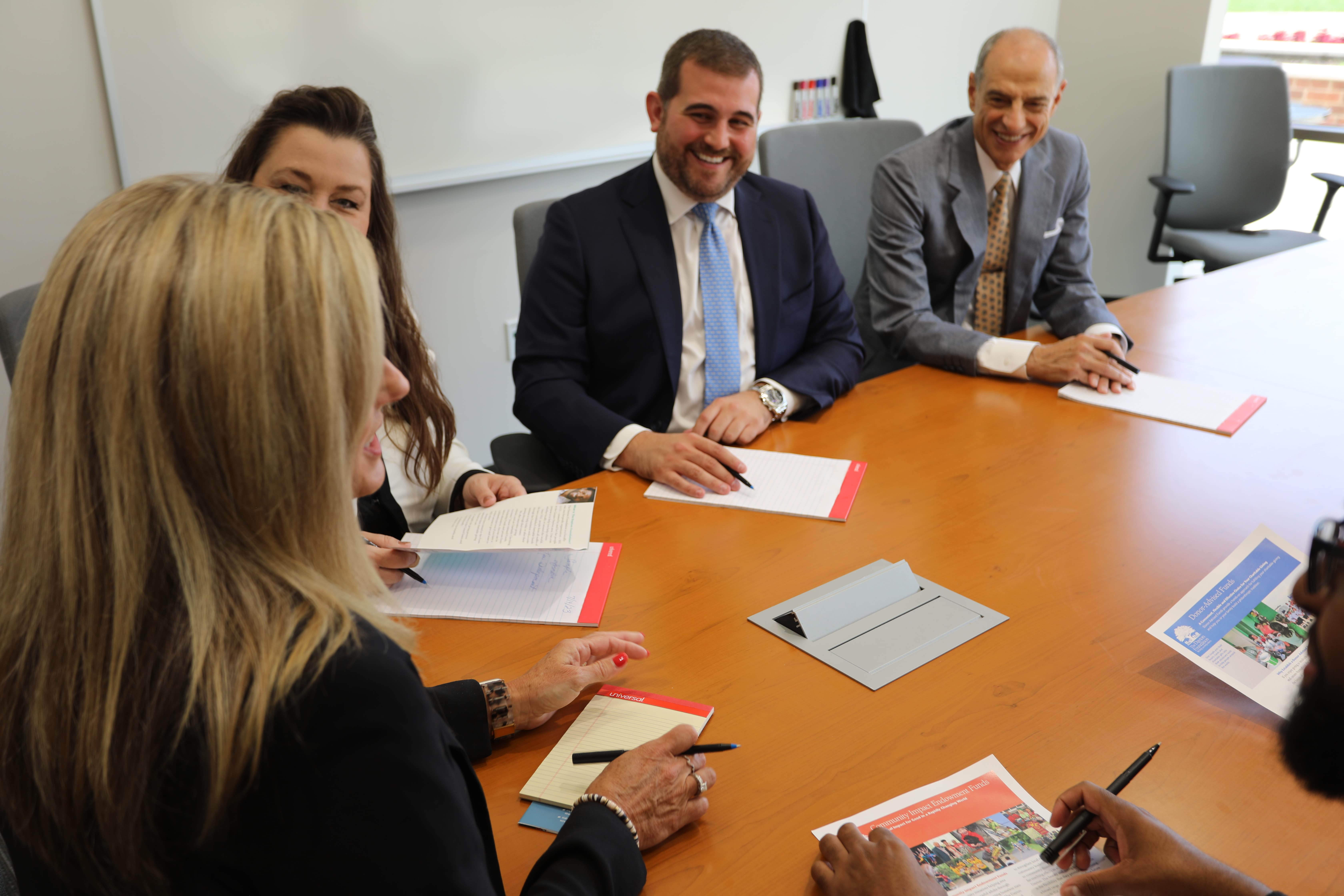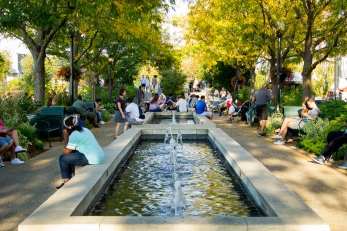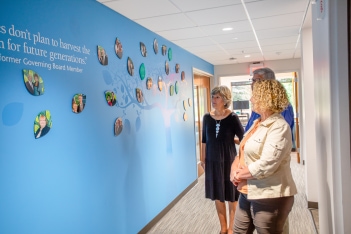Born in 1930, Thyrsa Frazier Svager achieved what few African-American women of her generation have in the field of education. A brilliant mathematician with a genius level IQ, Dr. Svager was one of the first African-American woman in the United States to earn a Ph.D. in mathematics. She also is credited with a long and distinguished career at Central State University (CSU) that began in 1954 as an assistant professor of mathematics and concluded upon her retirement in 1993 as provost and vice president for academic affairs.
So after his wife passed away in 1999, Aleksandar Svager decided that he could find no more fitting way to remember her than to establish the Thyrsa Frazier Svager Scholarship Fund through the African-American Community Fund of The Dayton Foundation. To date, the fund has awarded scholarships totaling $31,000 to assist 16 AfricanAmerican women in completing their degrees in mathematics at an accredited college or university. In addition to making current gifts to the fund, Mr. Svager has made plans for a significant legacy gift after his lifetime.
“Education was very important to her,” Aleksandar Svager said. “She once paid for a student’s full tuition, because she wanted the student to have an opportunity to succeed.”
Education was a value instilled in her by her mother, a professor of literature at CSU, and by her father, a statistician. A native of Wilberforce, Ohio, Thyrsa Svager graduated from the Wilberforce University Preparatory Academy at the young age of 15. After completing her undergraduate studies at Antioch College in Yellow Springs, she earned a master’s degree and a doctorate in mathematics at The Ohio State University.
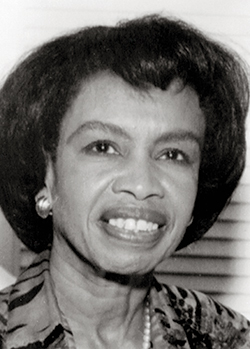
of Mr. Aleksandar Svager
“She was one of four African-American students who attended Antioch College at that time,” Aleksandar Svager recalled. “Another one was Corretta Scott King, one of Thyrsa’s close friends.”
A gifted educator himself, Aleksandar Svager met his wife in 1964 at CSU, where he was the chair of the physics department. They shared a love of education and were committed to encouraging African-American students to major in math and physics.
“After we were married, we decided that we would live on one salary and invest the other,” said Professor Svager, who retired in 1996 as professor emeritus. “We planned to leave our estate to help children, particularly through a scholarship program.”
Aleksandar Svager’s interest in education extends back to his early years after World War II. Born in 1931 to a Jewish doctor and his wife, young Svager and his family escaped Nazi-occupied Sarajevo, Yugoslavia, in 1941.
“We traded what we could for food until all we had left were the clothes on our backs,” Professor Svager recalled from his family’s experiences at an Italian prisoner of war camp. “We found out later that the Nazis had come to take us to the concentration camp in Auschwitz less than eight hours after we had fled. We were lucky.”
After the war was over, Aleksandar Svager and his family returned to Sarajevo, where he tutored students who were struggling in math and science. He later taught at the University of Sarajevo before coming to the United States in 1960 to earn a master’s degree in physics from Texas Christian University.
According to Waverly Glover, a longtime friend of the Svagers and retired vice president of fiscal affairs at CSU, “Thyrsa and Aleksandar were very generous people. Aleksandar still is today, both with gifts to this fund and to the school. When we’re blessed with good fortune, it’s our obligation to give back to others who aren’t as fortunate. This fund in Thyrsa’s memory will help provide for students now and for future generations.”
Said Aleksandar Svager, “Thyrsa was an amazing, beautiful woman. She always had the best interests of her students at heart and wanted them to have the same opportunities that she had. This fund is her legacy.”


